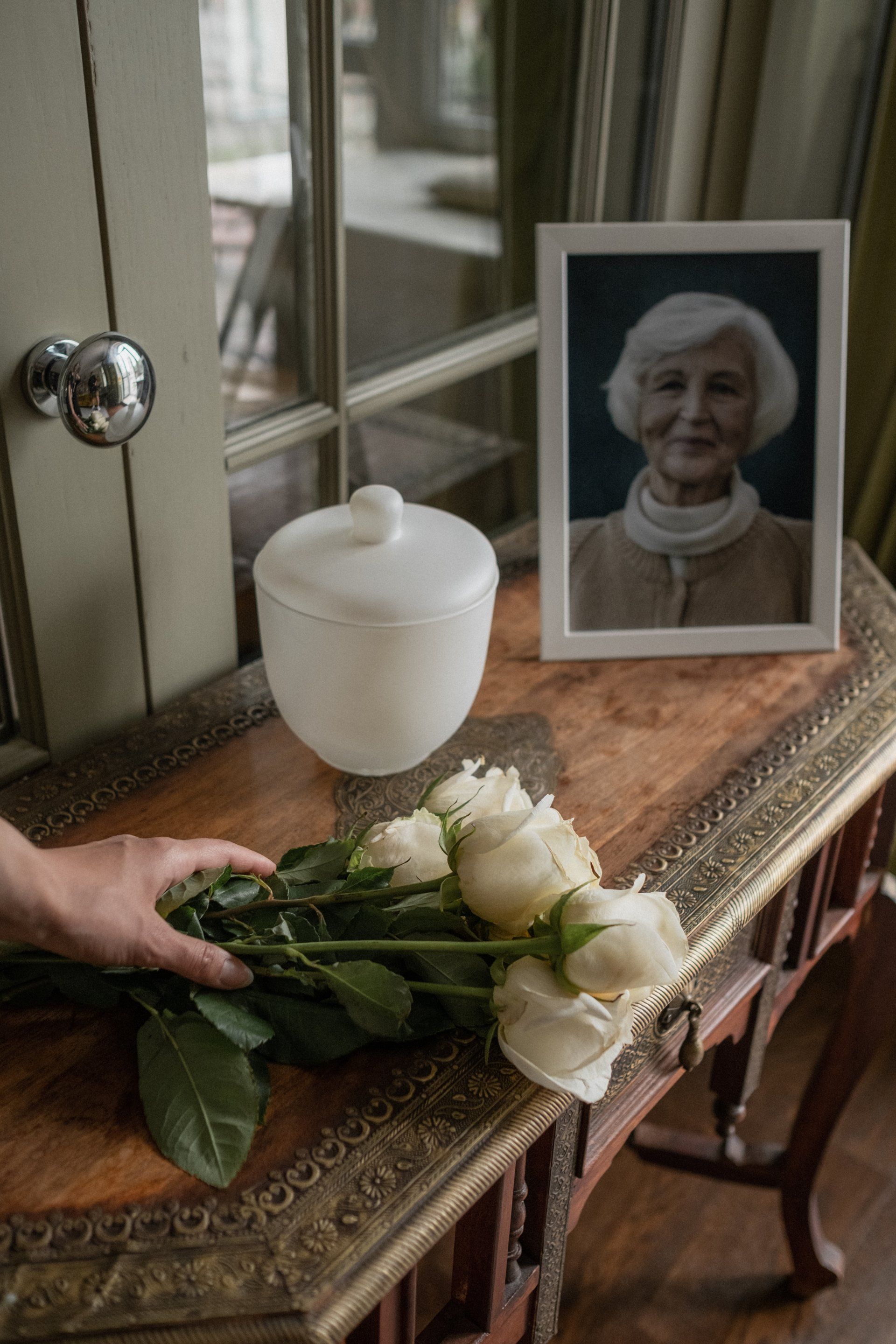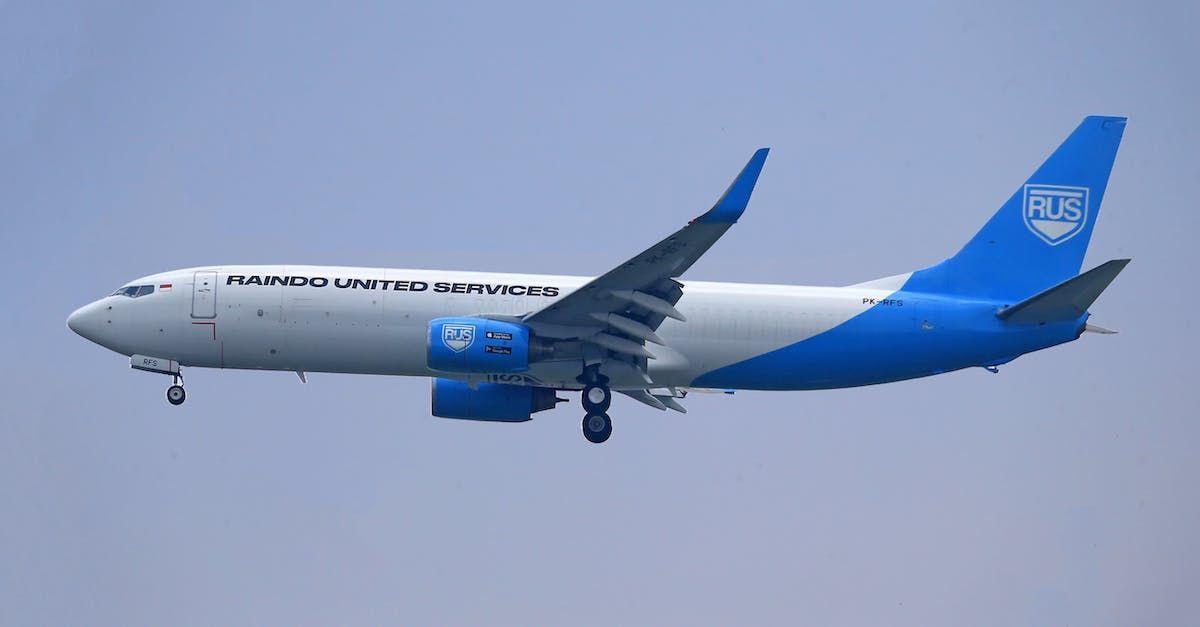Repatriating A Body To India
The death of a loved one is often a time of great ritual and cultural importance; a chance to pay tribute and respect by honouring their chosen customs and beliefs. Throughout the world, there are a great number of different customs and rituals surrounding funerals and death and one place where death customs are of particular importance is in India.
India has always been home to strong rituals and culture surrounding death.it is common for Indians living abroad to repatriate the bodies of their deceased loved ones back to India. Repatriation is often seen as a way to fulfil cultural and religious customs and provide a final resting place in the homeland. This practice allows the deceased to be buried or cremated according to their cultural and religious traditions, and it also provides an opportunity for family and friends to participate in the funeral rites and rituals.
Repatriation is a common issue for Indians living abroad and repatriation impacts thousands every year . Understanding and respecting these customs is essential to ensure a dignified and culturally appropriate repatriation. In this detailed guide, we will explore the cultural customs involved in repatriating a body to India, providing valuable insights and guidance.
Rituals and Ceremonies
Indian culture places great importance on rituals and ceremonies surrounding death. It is customary to conduct specific religious rites and ceremonies to honour the deceased and provide solace to the grieving family. Some common practices include:
- a) Antim Sanskar (Last Rites): This refers to the final rites performed before the body is cremated or buried. The rituals may vary based on regional and religious customs, such as the recitation of prayers, lighting of funeral pyres, or burial ceremonies.
- b) Shraddha Ceremony: A post-funeral ritual called the Shraddha ceremony is performed to pay homage to the departed soul. This ceremony typically takes place on specific anniversaries of the death and involves offering food and prayers to honour the deceased.
Religious Considerations
India is a diverse country with various religions and belief systems. Understanding the religious customs and preferences of the deceased and their family is crucial to ensure a culturally sensitive repatriation. Some religious considerations may include:
- a) Hindu Customs: Hindus predominantly practice cremation. If the deceased was Hindu, it is customary to cremate the body and scatter the ashes in a sacred river, such as the Ganges. The family may also prefer to conduct specific rituals and prayers according to their traditions.
- b) Muslim Customs: Muslims typically follow burial customs and prefer to bury the deceased as soon as possible. The body is usually prepared for burial following Islamic rites, such as washing, shrouding, and offering funeral prayers.
Communication and Coordination
During the repatriation process, effective communication and coordination with local authorities, the Indian Consulate or Embassy, and the family are essential. Engage in open dialogue to understand the family’s specific cultural and religious requirements, and ensure that all necessary arrangements are made accordingly. To learn more about the repatriation process and what documentation is necessary, please refer to our previous blog post on body repatriation.
Funeral Service Etiquette
Attending a funeral or memorial service is a gesture of support and respect. Familiarise yourself with the funeral service etiquette of the specific culture or religion involved, such as appropriate attire, respectful behaviour, and offering condolences to the bereaved family.
Conclusion
Repatriating a body to India while honouring cultural customs is a profound way to pay tribute to a loved one. By understanding and respecting the rituals, religious considerations, and funeral service etiquette, you can ensure a dignified and culturally appropriate repatriation process. Adhering to these customs will provide solace to the grieving family and help create a meaningful farewell for the departed soul.
The post Repatriating A Body To India appeared first on Global Funeral Repatriation.




Global Funeral Repatriation provides a national and international repatriation service throughout the UK and globally.
All Rights Reserved | Global Funeral Repatriation | National Repatriation
Limited – Company Number in England & Wales 12329567 | Privacy Policy
Website Designed by Up2Speed Marketing Ltd


